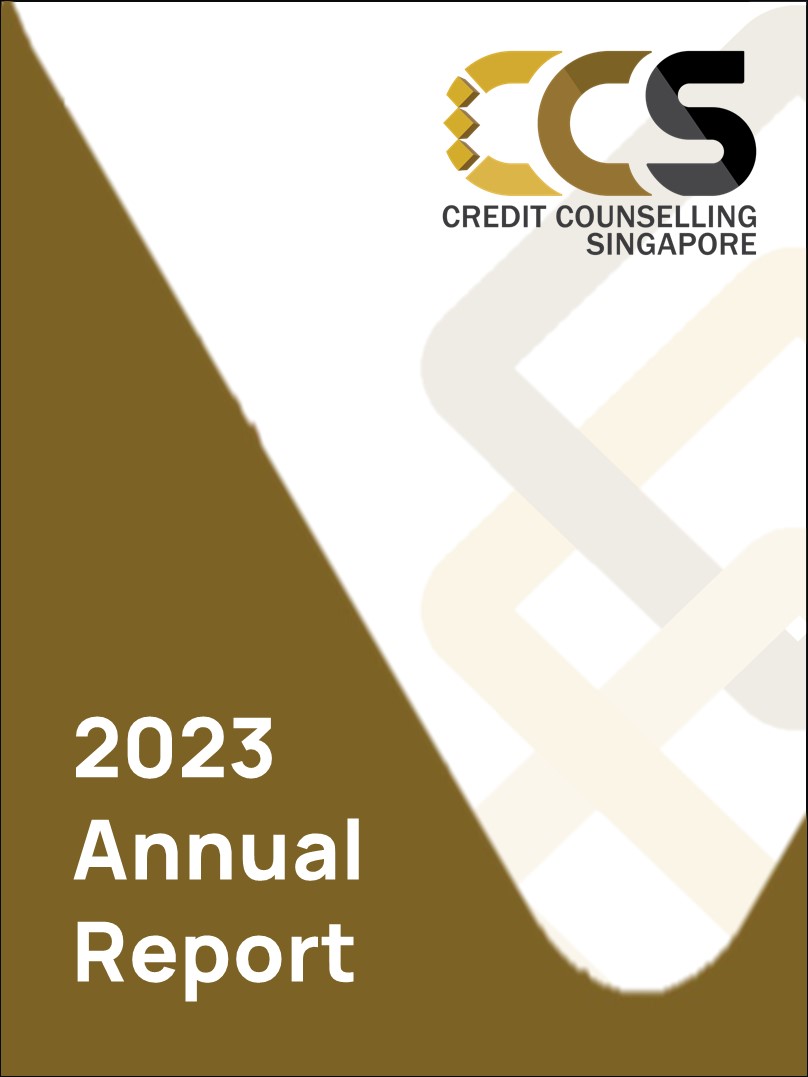Attain Financial Success with Our Specialist Coaching-- Contact Us Now
Attain Financial Success with Our Specialist Coaching-- Contact Us Now
Blog Article
Opening the Keys of Effective Credit Rating Therapy: Specialist Tips and Best Practices

Recognizing Credit Rating
Comprehending Credit rating is important for people looking to manage their financial resources successfully and make educated credit-related choices. A credit rating is a mathematical depiction of a person's credit reliability and plays a substantial duty in determining their ability to access credit history products, such as finances and credit cards. Credit report usually range from 300 to 850, with higher scores showing reduced credit risk.
Several factors affect an individual's credit report, including payment history, credit rating usage, length of credit report, new charge account, and types of credit history utilized. Payment background holds one of the most substantial weight in establishing a credit report, highlighting the significance of making timely payments on debts. Maintaining a low credit history usage ratio, staying clear of opening up several new credit rating accounts in a short period, and having a mix of credit history types can additionally favorably impact one's credit scores score.
Developing a Spending Plan Strategy
Producing a comprehensive budget strategy is important for people seeking to effectively manage their finances and accomplish their financial goals. A budget plan works as a roadmap, directing people on just how to assign their revenue towards expenses, financial savings, and debt payments. To create an effective budget plan, begin by tracking all incomes and categorizing costs such as real estate, transportation, utilities, grocery stores, and optional investing. It is essential to separate in between wants and needs to focus on crucial expenses while determining locations where investing can be reduced. Setting sensible financial goals within the budget plan can aid people remain motivated and focused on their goals. Frequently changing the spending plan and assessing as revenue or expenses change is very important to ensure its continued significance and performance. Making use of budgeting devices or apps can streamline the procedure and supply understandings into costs patterns. By producing and adhering to a well-defined budget strategy, people can take control of their funds and job towards a more secure financial future.

Bargaining With Creditors
When managing creditors, demonstrating a clear understanding of your monetary circumstance and being aggressive in initiating negotiations can cause equally beneficial services. It is vital to come close to financial institutions with honesty and openness about your financial difficulties. Prior to getting to out to discuss, meticulously review your budget and identify a reasonable proposal for payment that lines up with your present monetary abilities. When calling financial institutions, be prepared to review your monetary scenario, the factors for your problems, and your suggested options. It is critical to continue to be tranquil, considerate, and consistent during settlements. Bear in mind that creditors may be prepared to work with you to find a manageable settlement strategy instead of resorting to harsh collection actions. Be prepared to provide any required documentation to sustain your situation and want to compromise to reach an equally acceptable agreement. By proactively participating in settlements with creditors, you raise the possibilities of discovering a resolution that helps both events.
Staying Clear Of Common Risks
To navigate prospective challenges effectively, it is crucial for individuals looking for debt therapy to be aggressive and cautious in recognizing and avoiding common mistakes that can prevent their financial progression. One typical pitfall to stay clear of is failing to create a reasonable spending plan. Without a clear understanding of earnings, expenses, and economic objectives, individuals may locate it challenging to make sustainable progression towards debt repayment and financial security.
One more pitfall is overlooking the relevance of routine interaction with lenders. Neglecting calls or letters from creditors can bring about missed out on possibilities for negotiation or assistance programs that might help ease economic concerns. It is important to keep open lines of interaction to link explore possible solutions and prevent the situation from escalating additionally.
Furthermore, people need to beware of dropping right into the catch of quick-fix pledges or high-interest financial debt loan consolidation systems. It is crucial to extensively research and comprehend any suggested remedies, ensuring they line up with lasting monetary goals and do not create additional economic pressure. By staying away from these common pitfalls, people can set themselves on a path towards successful credit history coaching and enhanced financial wellness.

Building Healthy Economic Habits
Establishing regular and prudent economic methods is basic for long-lasting stability and success in managing personal financial resources - contact us now. Building healthy economic routines entails producing a budget and sticking to it, tracking costs to identify areas for prospective financial savings, setting economic goals, and establishing a reserve. One crucial behavior is to live within your ways, preventing unneeded financial debt and making smart spending selections. One more critical aspect is to prioritize saving for the future, whether for retired life, education and learning, or major acquisitions.
On a regular basis examining and changing your economic strategy is important to guarantee it remains aligned with your objectives and existing scenarios. Seeking expert assistance from credit counselors or economic consultants can supply valuable understandings and aid in establishing efficient approaches for monetary management. Additionally, informing yourself concerning personal financing via publications, online sources, or workshops can enhance your monetary literacy and encourage you to make educated choices. By integrating these routines right into your regimen, you can develop a strong structure for financial safety and security and accomplish your long-term purposes.
Conclusion
To conclude, successful debt therapy includes recognizing credit history, establishing a budget plan, working out with creditors, staying clear of usual challenges, and structure healthy economic practices. By complying with these ideal techniques and expert pointers, individuals can successfully handle their financial obligation and improve their overall monetary health. contact us now. It is vital to this link seek expert assistance and remain disciplined in carrying out these methods to attain long-term monetary success
In the realm of monetary wellness, credit scores coaching investigate this site stands as an important device for people seeking to navigate the complexities of their credit rating profiles and regain stability.A number of aspects affect an individual's debt score, including settlement history, credit scores application, size of credit rating history, new credit rating accounts, and types of credit score used. Maintaining a low credit rating usage ratio, avoiding opening several new credit rating accounts in a short duration, and having a mix of credit rating types can also favorably effect one's debt rating.
Looking for specialist guidance from credit rating therapists or economic consultants can provide useful understandings and help in developing efficient approaches for monetary administration.In verdict, successful credit score coaching involves comprehending credit rating scores, developing a budget plan, negotiating with financial institutions, avoiding common risks, and structure healthy and balanced economic routines.
Report this page